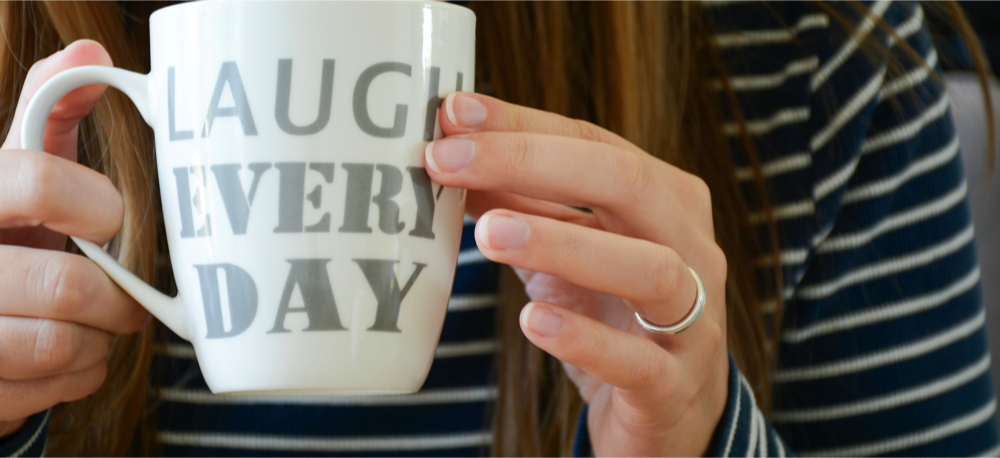
01 Sep Optimism is good for your health

Jan Fowler
is author of the best-selling book, “Hot Chocolate for Seniors”(winner of national & international awards); winner of Gold Halo Award from the So. California Motion Picture Council for Outstanding Literary Achievement; winner of First Place Excellence in Journalism Award (SPJ –Southern CA); Town & Gown “Phenomenal Woman” Award; former television host & KSPA radio host of “Senior Living at its Best with Jan Fowler”; speaker, contributing author for “Savvy Women Revving Up for Success”; founder of Starburst Inspirations, Inc. 501(c) (3) nonprofit which supports Redlands Drug Court. www.janfowler.com. Jan welcomes feedback and comments about her columns and invites you to leave her a message on her website.
“Optimism is good for your health”
By Jan Fowler
The benefits of optimism are very far-reaching. It has been proven that optimistic people cope with disease better, recover from surgery faster, are healthier, and even live longer lives.
Optimism is good for our health, and just knowing that should be a comfort to us during this era when world-wise disease and death are running rampant because when life is full of challenges, it is always easier to focus on what’s going wrong, and forget to appreciate the many things that are going right.
We complain about the pandemic, the rising cost of living, and the leadership in Washington when it’s just as easy to offer gratitude, appreciation, and thanks for having family or friends who love and support us.
Having had the privilege to meet and interview men and women who have lived beyond the 100+year mark, I have observed that some of their stand-out qualities are easy laughter and friendly smiles, a strong will to live, and amazing capacity for resilience. But most of all, an optimistic outlook.
It has been determined that positive-minded people are better able to cope with the adversities of life. Moreover, optimists have greater happiness, healthier hearts, fewer problems with blood pressure, a lower risk for stroke, and live longer lives.
According to multiple studies from the United States and Europe, optimistic people cope with disease better and live longer than pessimists. One long term study conducted by the Mayo Clinic found that optimistic people had a 19% chance of still being alive thirty years later.
According to comments made by a staff psychiatrist at Mayo Clinic, “It tells us mind and body are linked and that attitude has an impact on the final outcome, death.” Another study found evidence that optimism can protect against the development of chronic diseases (Matthes, Raikkonen, Sutton-Tyrell, & Kuller.)
Gratitude is also associated with optimism. It is believed that grateful people are happier, receive more social support, ae less stressed, and less depressed. Recent research indicates that optimists and pessimists approach problems differently so their ability to cope successfully with adversity differs as a result.
Optimism can also have a positive effect on a person’s immune system. One study which immunized elderly adults for influenza found that the optimists had greater antibody production and better immune outcomes when their immune response to the vaccination was measured two weeks later (Kohut, Cooper, Nickolaus, Russel, & Cunnick.)
A sunny outlook may help people recover after a cardiac procedure and also reduce the risk of developing hypertension—one of the major risks for cardiovascular disease—according to research scientists in Finland.
And researchers at Boston University and Harvard who evaluated and followed 1306 men over ten years, found that the most pessimistic men were more than twice as likely to develop heart disease than the most optimistic men.
I always enjoy reading and hearing about how humor itself is good medicine. In “Anatomy of an Illness,” Norman Cousins describes how he overcame an irreversible crippling disease by watching Allen Funt’s funniest “Candid Camera” clips from his bed.
Cousins made the joyous discovery that for every ten minutes of genuine belly laughter—which had an anesthetic effect upon him—he was able to experience at least two hours of pain-free sleep because laughter releases endorphins, our body’s opium for pain control.
I, for one, am a strong proponent of happiness, optimism, and humor as good medicines for whatever ails us!
Harry Truman once said, “A pessimist is one who makes difficulties of his opportunities and an optimist is one who makes opportunities of his difficulties.”




Sorry, the comment form is closed at this time.